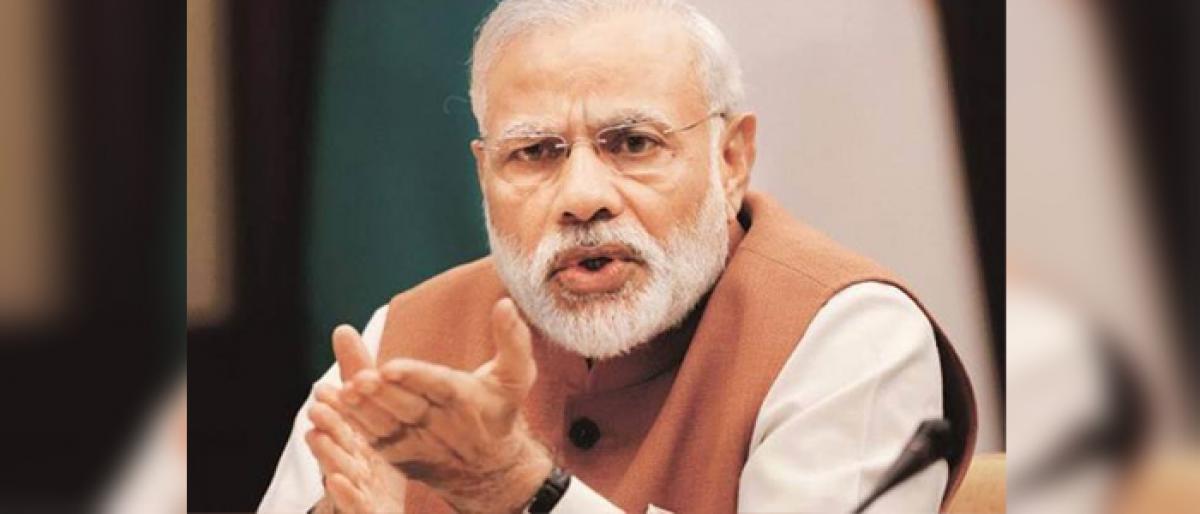Live
- Hyderabad court denies bail to 3 police officers in phone tapping case
- Apollo Hospitals' unit to raise Rs 2,475 crore from PE firm Advent International
- More than 70 per cent voter turnout in Assam till 5 PM
- Repeated and persistent doubts on EVMs can have contrarian impact of creating distrust: SC
- World Veterinary Day 2024: Celebrating Veterinarians as Guardians of Animal Welfare
- Addl DC Assured Measures to procure paddy
- Civil Engineer held in drug trade in Goa, contraband valued at Rs 8.5 lakh seized
- CM Vijayan loses cool when asked if elections would be assessment of his governance
- Punjab Congress chief challenges BJP to nominate state prez Jakhar to contest polls
- Mamata Banerjee continues to fire salvos at Calcutta HC against ruling in school jobs case









